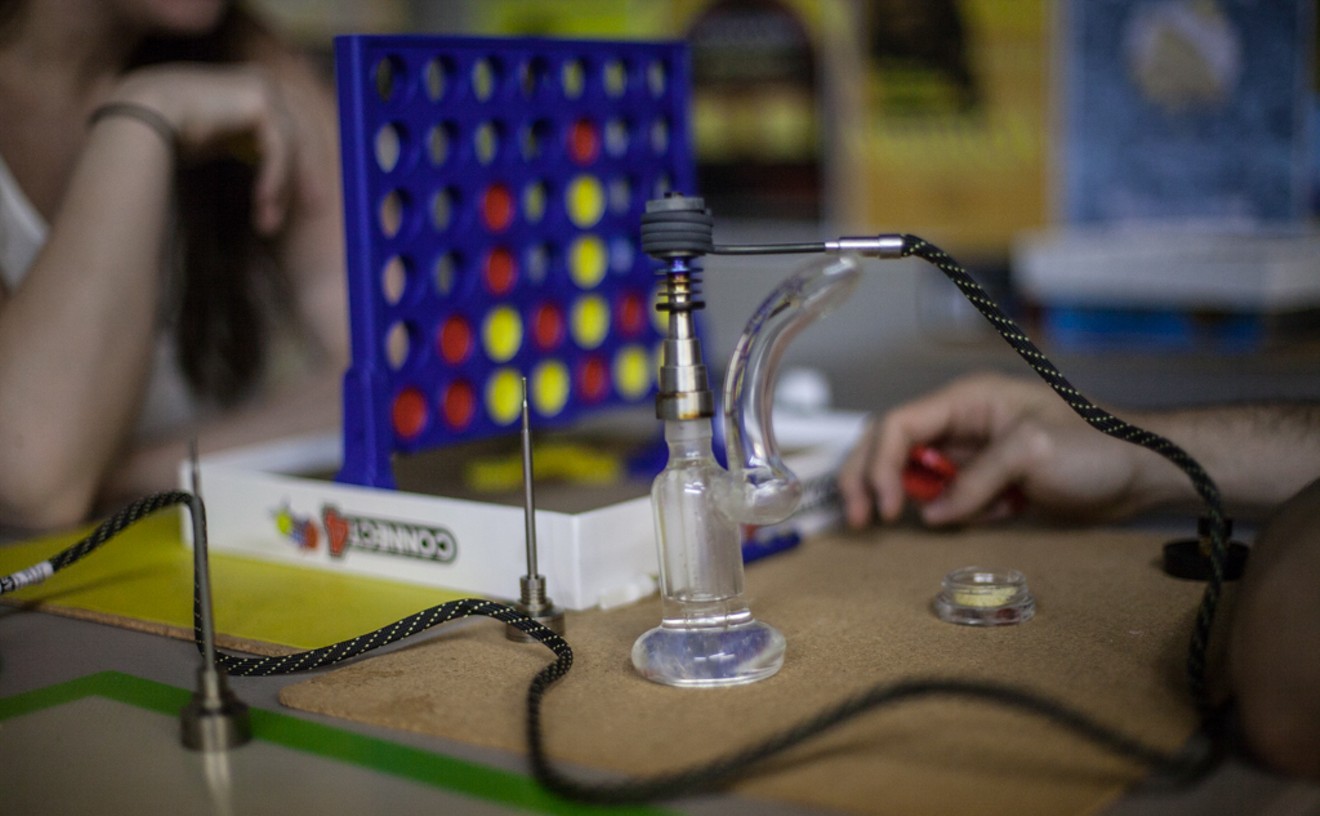A second try at allowing doctors to recommend medical marijuana as a substitute for opioids is gaining strength at the Colorado Capitol.
Although it failed to get momentum in 2018, a proposal that would qualify opioid-treated conditions for medical marijuana has moved through the Colorado Senate relatively quickly. Sponsored by Senator Vicki Marble and Representative Edie Hooton, Senate Bill 13 passed its third reading on Tuesday, February 12, by a margin of 27-7.
The bill has now moved on to the House, where it will go before the Health and Insurance Committee at a date that has not yet been determined.
One of the measure's biggest obstacles may have been eliminated in a different legislative effort last week, when a bill qualifying autism spectrum disorder for MMJ passed through the House.
Lawmakers had been concerned about language in both bills regarding children and MMJ recommendations. The original version of the two proposals would have allowed children suffering from certain conditions to qualify for MMJ after approval by two physicians, one of whom must be a board-certified pediatrician, a board-certified family physician, or a board-certified child and adolescent psychiatrist. However, the language in a successful 2017 bill that added post-traumatic stress disorder to the approved lists of conditions for MMJ had instead stipulated that children suffering from PTSD must receive MMJ approval from a pediatrician, family doctor or traditional physician who had a previous patient relationship with the child.
Several lawmakers had been pushing for this session's opioid and autism bills to both include that same language from the PTSD bill, but advocates didn't agree. Finally, the two sides settled on an amendment that requires a child's diagnosing physician and MMJ-recommending physician to be two different doctors, with the MMJ physician required to review diagnosis records.
In 2018, a bill that would've allowed MMJ as an alternative to opioids failed to make it out of the state Senate, with lawmakers citing concerns of potential substance abuse and a need for more research.
[
{
"name": "Air - MediumRectangle - Inline Content - Mobile Display Size",
"component": "12017618",
"insertPoint": "2",
"requiredCountToDisplay": "2"
},{
"name": "Editor Picks",
"component": "17242653",
"insertPoint": "4",
"requiredCountToDisplay": "1"
},{
"name": "Inline Links",
"component": "18838239",
"insertPoint": "8th",
"startingPoint": 8,
"requiredCountToDisplay": "7",
"maxInsertions": 25
},{
"name": "Air - MediumRectangle - Combo - Inline Content",
"component": "17261320",
"insertPoint": "8th",
"startingPoint": 8,
"requiredCountToDisplay": "7",
"maxInsertions": 25
},{
"name": "Inline Links",
"component": "18838239",
"insertPoint": "8th",
"startingPoint": 12,
"requiredCountToDisplay": "11",
"maxInsertions": 25
},{
"name": "Air - Leaderboard Tower - Combo - Inline Content",
"component": "17261321",
"insertPoint": "8th",
"startingPoint": 12,
"requiredCountToDisplay": "11",
"maxInsertions": 25
}
]












